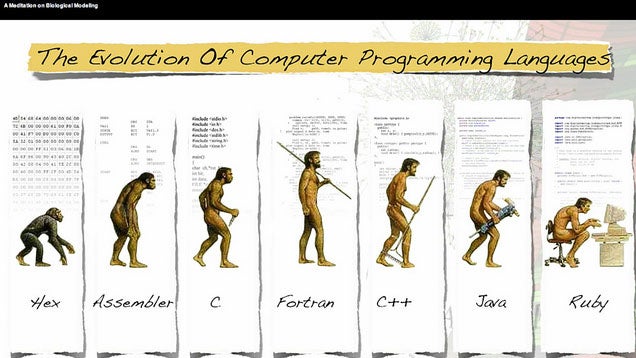I have already mentioned how the IT industry is a thriving colony of oddballs and nerds. This assertion may make it sound like a place not accessible to any other mortal individual, but, in truth, the IT industry is a microcosmos in all rights, there will always be a diversity of opinions on varying subjects such as Operating Systems, hardware models or brands, and, as it has been proven to be anthropologically logical, programming languages.
I'm guilty of participating in these (sometimes asinine, I must admit) goofy debates over wether Java is a better platform for Android development than Swift (this was a project at some point, and I'm grateful for its failure), or why I always end my statements with a semicolon even if I'm writing an essay on Microsoft Word; It's only natural for human beings to be so set on their opinions and dogmas when it comes to the "correct" way to do things, but, in the end, there's no true "best language", they all serve a different purpose and it is wise to learn as many as them as possible if even at a very basic level.
One of the sparkling gems of this particular article is the brief explanation of the different programming paradigms, the meaning of "functional programming" (or the pursuit thereof) vexes me, but this does a good job at least explaining what LISP and other languages are used for.
I think I'll stick to Java and other clunky object-oriented languages like C#, at least those guarantee I won't end up breaking my '(' and ')' keys.

No hay comentarios:
Publicar un comentario